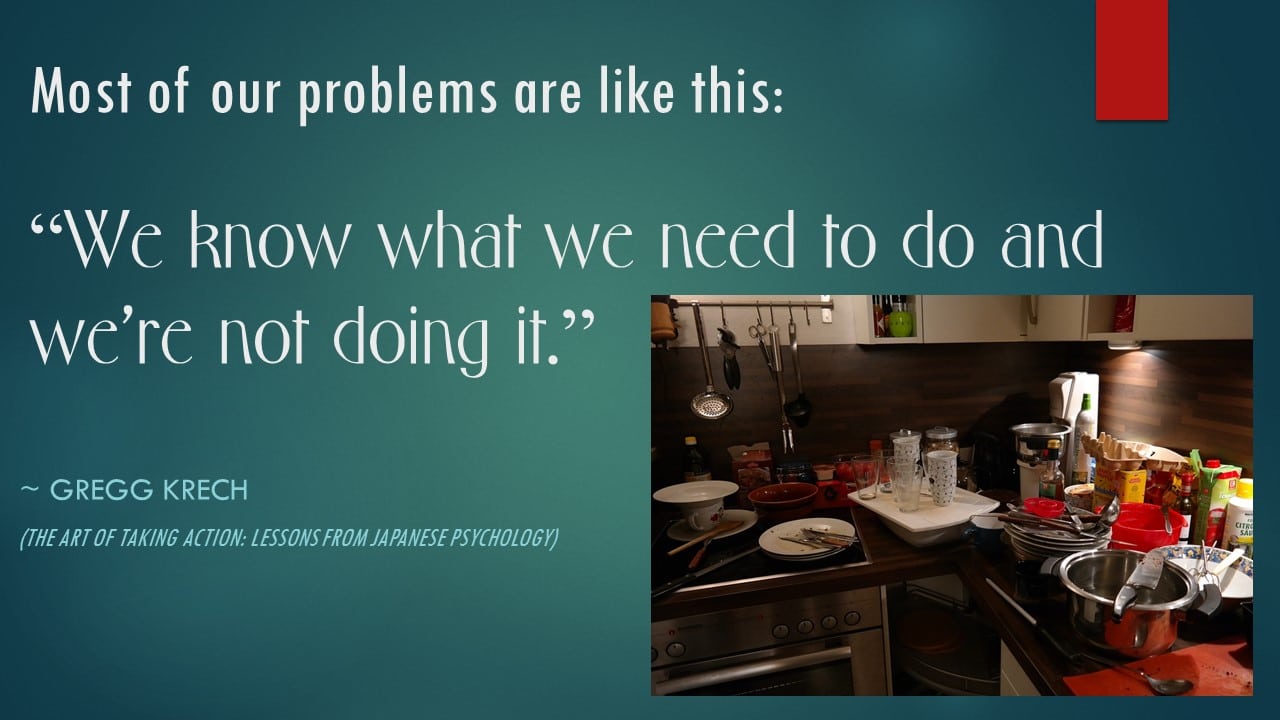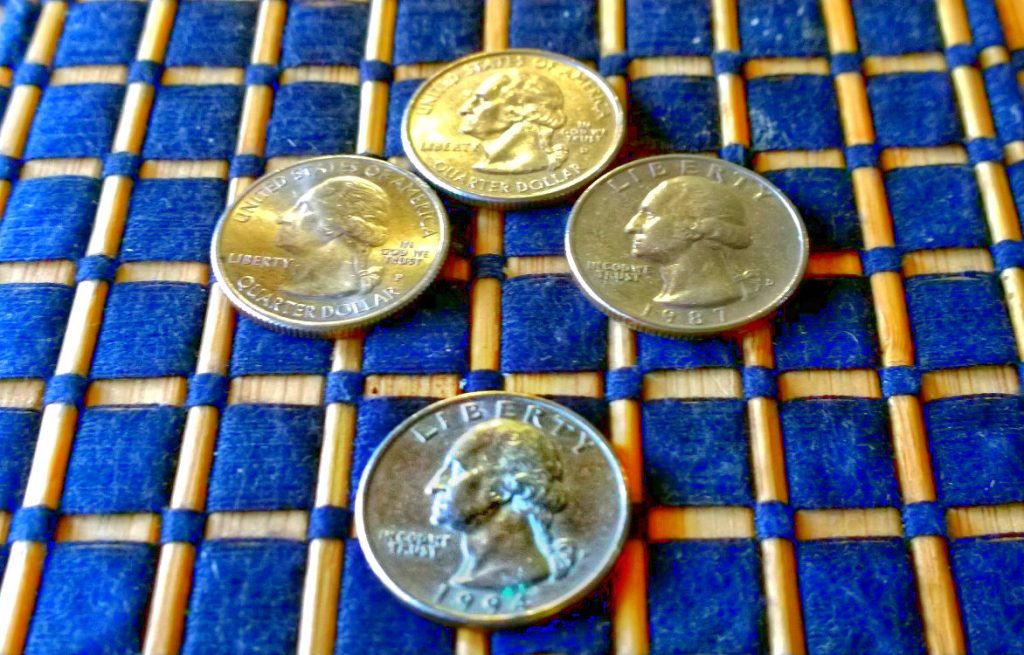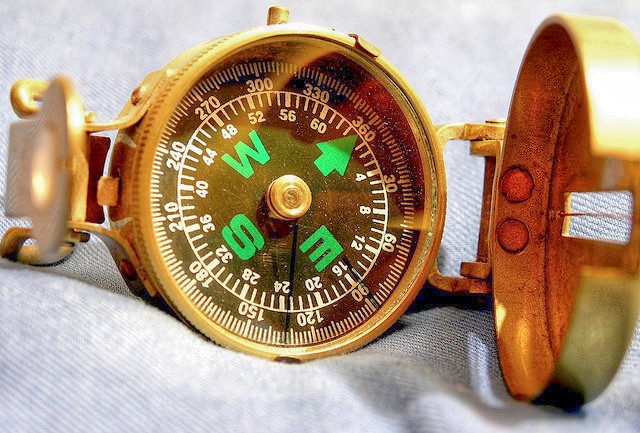The Zen teacher, Nakagawa Roshi, says that when we are suffering or discouraged we should provide encouragement to others. It is the act of encouraging others that heals our own discouragement.
When we are in a crisis we naturally look for help, though some people have trouble accepting help even when they need it. Accepting help means acknowledging our limitations and our dependence on others. It humbles us.
When I was in Costa Rica many years ago, I injured my foot, and my ankle swelled up like a grapefruit. I was trying to hop uphill to get to my motel room when a couple approached me and offered me help. The husband had the physique of a large, black bear. I put my left arm over his shoulders to get support for my disabled leg, but it was awkward because he was so much bigger than me. Then he said, “Why don’t you just climb up on my back?”
I hesitated for a moment. I felt foolish. I was almost 50 years old. Did I really want to do this? Yet it was a sensible solution, so I climbed on his back and he carried me to the door of my room as other motel guests stared with a mixed look of confusion and amusement. I felt silly and helpless, but I got back to my room intact.
For many of us, we are keenly aware of our need for help in a crisis but when we are suffering, we seldom think about helping others. Yet helping others reminds us that we have no exclusive claim upon pain and suffering. It prevents us from seeing ourselves as a “victim” and empowers us with the knowledge that even though we are struggling, we are capable of extending compassion to another person. Helping others breaks the cycle of self-focused attention and the internal dialogue of comments about our personal circumstances.
In Japan there is a program for cancer patients called Meaningful Life Therapy founded by Dr. Jinroh Itami.
An essential element of this program is referred to as “helper therapy.” Cancer patients are routinely assigned the role of a helper, whether it be picking up trash in a local park or acting as a mentor for a newly diagnosed patient. The motto of the Japanese cancer patients who participate in the program is
“Even though I am ill, I will not live like a sick person.”
In North America, the ToDo Institute offers a similar program we call Living Fully with Illness.
One of my most vivid images of working in refugee camps on the Cambodian border is of a middle-aged man in a hut who had been disabled by polio. His legs, ravaged by the disease, were only as thick as a small doorknob. His job, in the camp, was to make artificial legs (prostheses) for people who had stepped on land mines trying to escape from the war.
By helping others in their struggle, we help ourselves, as well.
(From “Coping with a Crisis” by Gregg Krech. Expected publication date, Fall, 2025)












